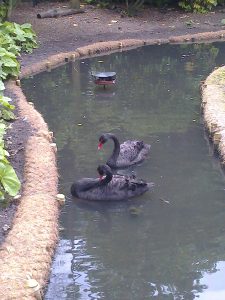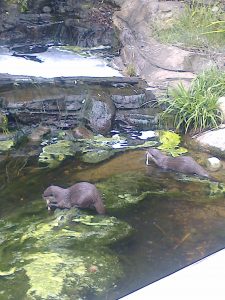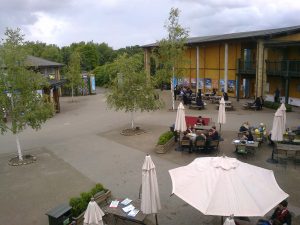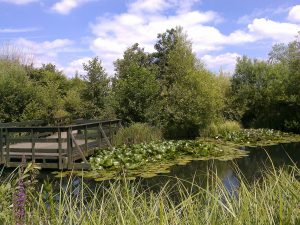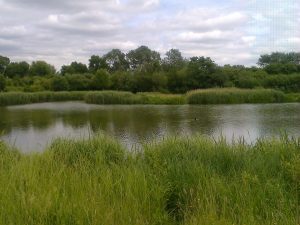End of the internship at London Wetland Centre.
My internship at London Wetland Centre has finished. It has been great 4 weeks. I have done all the fieldwork designed by myself and I have completed my report for WWT. I marked all the sites where different species of ladybirds were spotted on the map of LWC and included it in my report. The main findings from my quantitative measurements are as follows:
- Ladybird community at LWC is dominated by harlequin ladybird – Harmonia axyridis, which comprises 70% of all tree-living ladybirds at LWC.
- There is a positive correlation between the density of aphids on the tree and the abundance and diversity of ladybirds living on the tree.
- Spiders and mites (known together as Arachnids) presence was found to have no influence on ladybird prevalence.
- Similarly, ants showed no or very weak correlation with prevalence of different ladybird species.
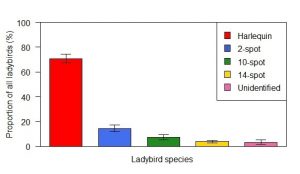 Such dominance of harlequin ladybirds is pretty amazing considering that this species was firstly noted in England in 2004. It took it only a decade to outcompete native UK ladybirds and become the most common species, which is why it draws attention of scientists and it has been extensively studied over the last couple of years.
Such dominance of harlequin ladybirds is pretty amazing considering that this species was firstly noted in England in 2004. It took it only a decade to outcompete native UK ladybirds and become the most common species, which is why it draws attention of scientists and it has been extensively studied over the last couple of years.
As this is my last post, it is time to reflect upon the benefits I gained from Charity Insights. This project was a fantastic opportunity to step into a completely new environment. I met some interesting people and I got a chance to work in the office for the first time in my life. I used to cooperate with nongovernmental organisations in the past as a volunteer, but it was never a regular work on a daily basis. Thanks to this project I could get a good insight into the way a conservation charity is run. I was working under supervision, but at the same time I was to some extent independent and this independence was important, because it gave me a lot of freedom in terms of my style of work. On the other hand, having this independence required making decisions by myself and hence taking full responsibility for my actions and being self-disciplined. Being in charge of my own project gave me a lot of self-confidence, which will certainly help in my future career no matter what path I choose in the end.
In order to complete my project I could finally use the skills that I gained throughout my degree like maintaining scientific rigour while desigigning and performing the experiment, doing statistical analysis of data, writing scientific report in the real-life situation. The point of all the effort that I put into this project was not to get a good grade, but to collect information that are useful to somebody and may be used in their future work. I must admit that it was very satisfying.
I have commented about how great LWC is in my previous posts, so I am not going to repeat myself. But here are some photos just to emphasise what a nice place London Wetland Centre is.
